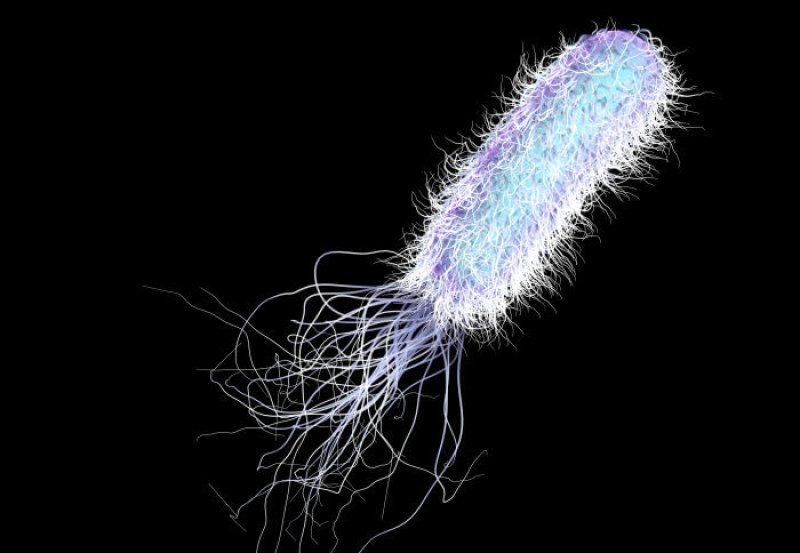A provocative new book by Arthur Reber argues that bacteria are conscious and that the origins of mind are found in the simplest, single-celled organisms that arose billions of years ago.
…
How do you know that you are conscious? One piece of evidence is that you feel you are conscious, but this might be a mistake, as behaviorists and some philosophers have argued. Fortunately, there is additional evidence that you are conscious, including your verbal reports of conscious experiences, and your complex behaviors such as ones related to pain, emotions, and imagery that can be explained by your having these conscious experiences.
…
The evidence becomes much sparser if you move down to smaller-brained animals such as bees and fish. Honeybees do exhibit reward-related behaviors, and fish exhibit pain -related behaviors, but it is not at all clear that these require an explanation based on conscious experience.
…
So why does Reber think that bacteria are conscious? … Perhaps sensing, reacting, communicating, and moving are best explained by the hypothesis that bacteria have some degree of consciousness.
Given [Reber’s] appreciation of scientific evidence, he should be able to recognize that the evidence for consciousness in single-celled organisms is much worse than the evidence for consciousness in self-driving cars, which already exhibit much more complex sensing, reacting, moving, and communicating than bacteria.
Read full, original post: When Did Consciousness Begin?































